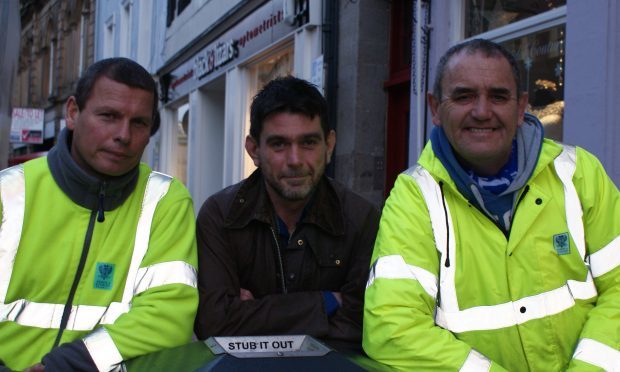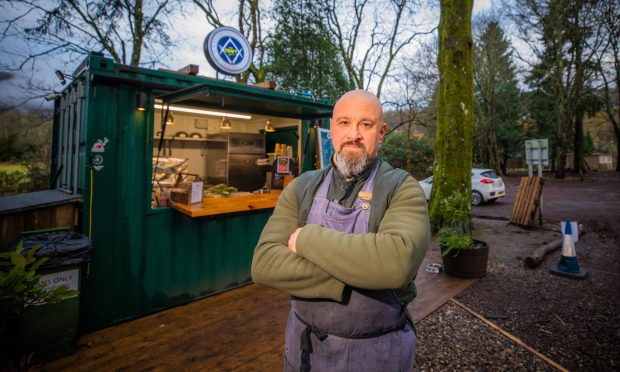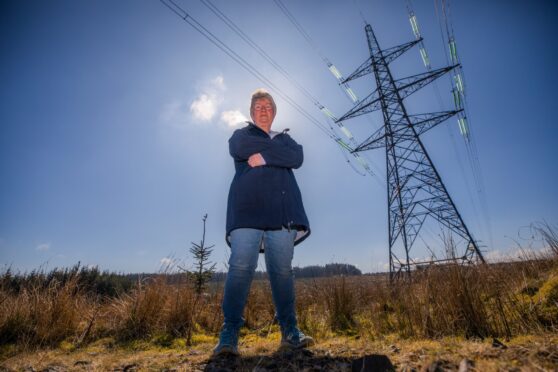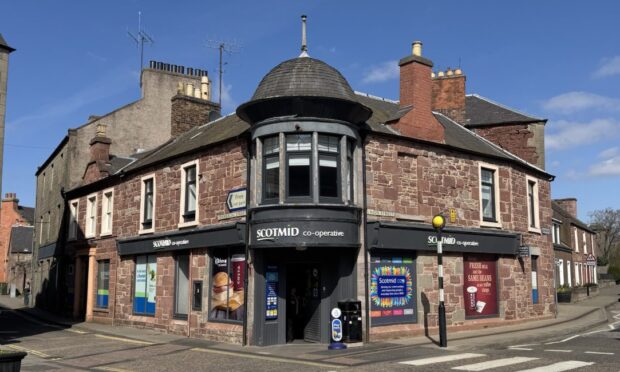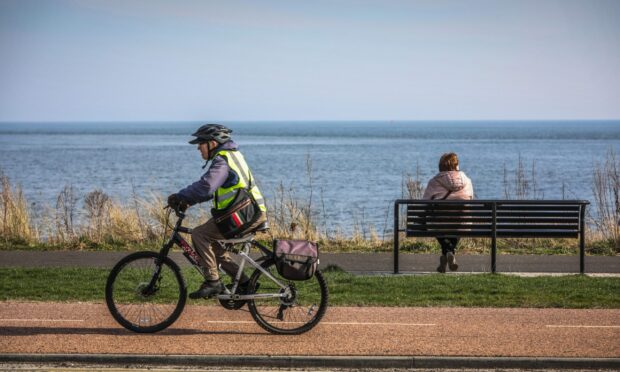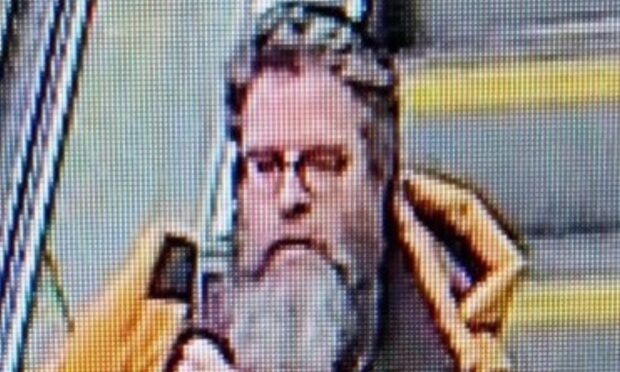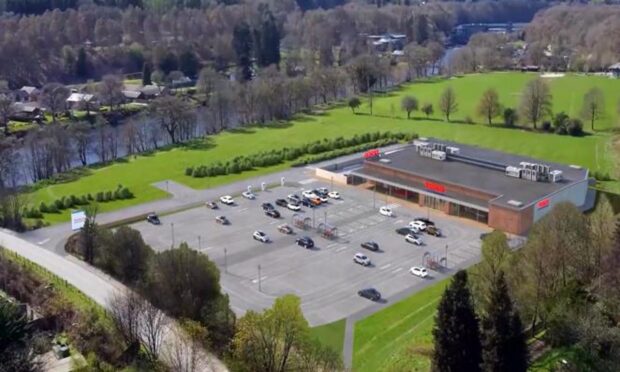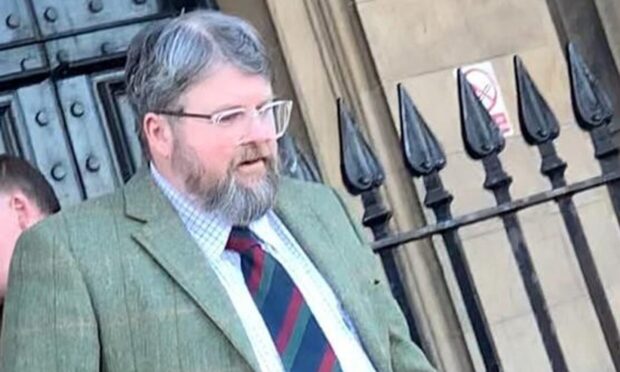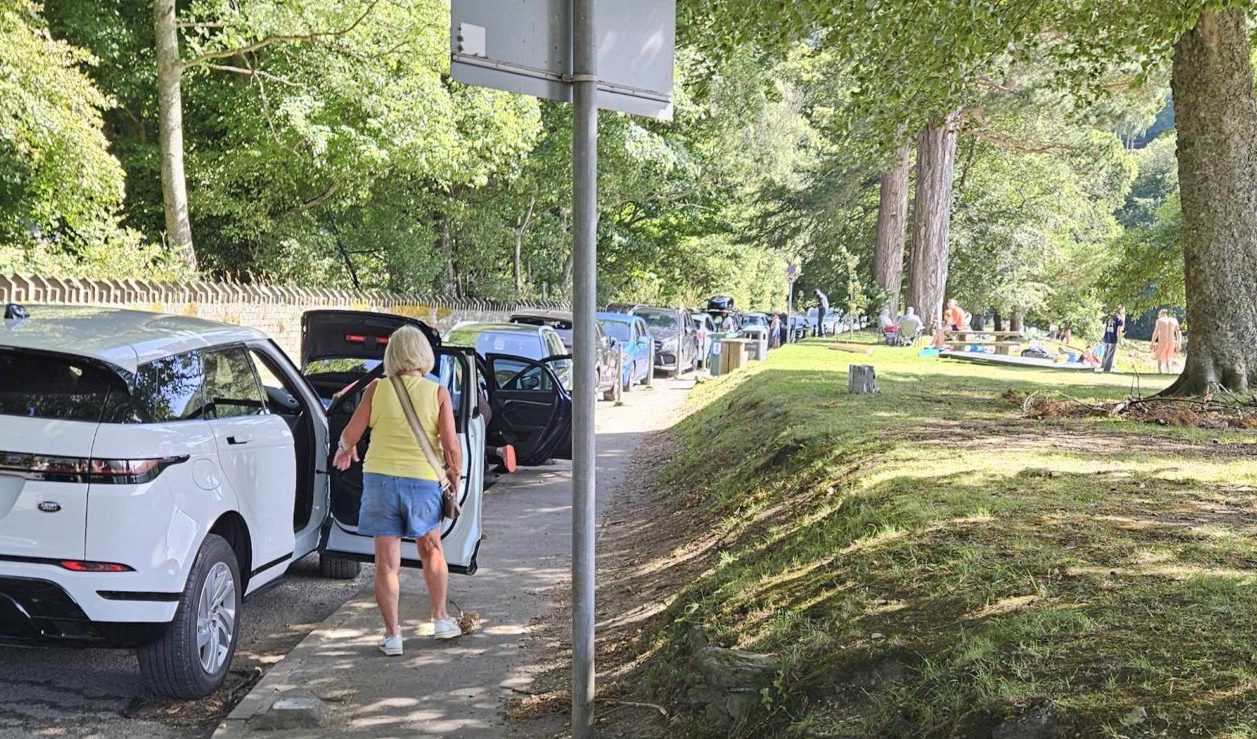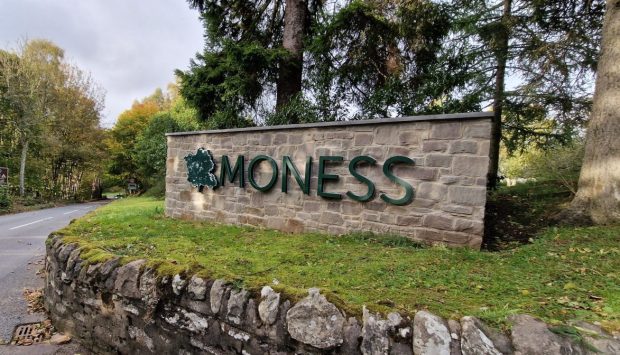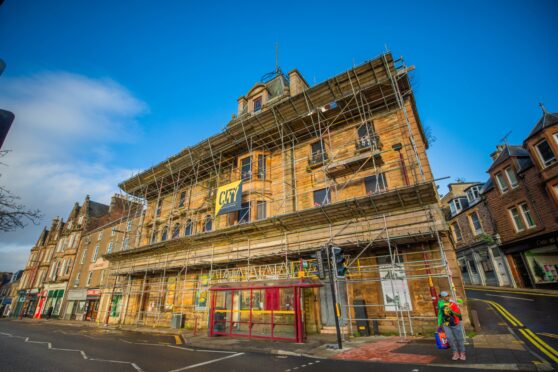Smart technology bins are to be trialled in Perth in an effort to cut waste and save money.
Litter bins in the city centre will be installed with sensors which will let Perth and Kinross Council know when they need to be emptied.
The city centre roll out is part of a smart waste project, jointly funded by Perth and Kinross Council and a European Regional Development Fund (ERDF) programme known as ‘Scotland’s 8th City — the Smart City’.
Perth city centre currently has more than 160 litter bins and it is hoped that by fitting these bins with sensors it will allow the bins to emptied only when needed.
The data will also allow the council to put more bins where they are needed in order to prevent littering.
Similar schemes are currently being planned for Dundee, Edinburgh, Glasgow, Inverness and Stirling.
Colin Stewart, convener of the council’s environment enterprise and infrastructure committee, said: “This is a great project contributing our efforts to make the city centre a great place to visit.
“It sits alongside the re-opening of Perth Theatre, Perth free WiFi, free weekend parking in council car parks during December and the Winter Festival.
“I am very keen that we use data and technology to make our services better and continue to improve the cleanliness and appearance of Perth City Centre for residents and visitors alike.”
The project will initially see the installation of smart, wireless sensors in every litter bin in the city centre and all glass recycling points in Perth.
The technology measures the fill-level of the bins and this data will feed through to software to show when and where bins need to be emptied. This will increase efficiency, save on fuel used by collection vehicles and reduce the environmental impact of waste collection.
The smart waste project also aims to reduce the problem of fly-tipping in Perth and Kinross. The council is also introducing a FlyMapper app which will be used to record fly-tipping incidents across the area.
This data will be uploaded onto the national fly-tipping database, managed by Zero Waste Scotland, and will be used to identify fly-tipping hotspots.
